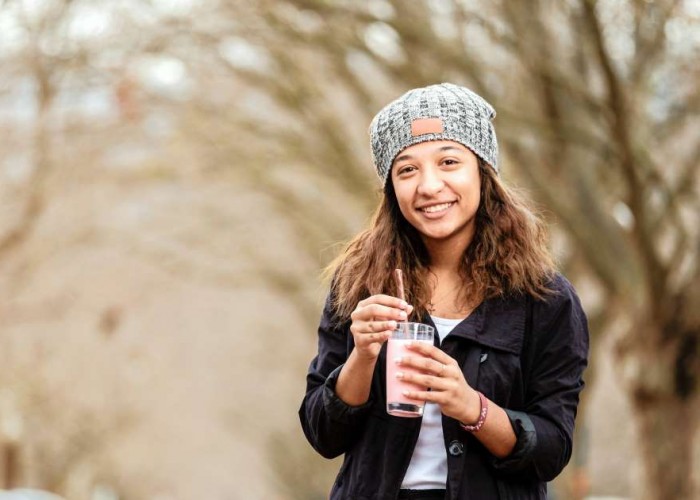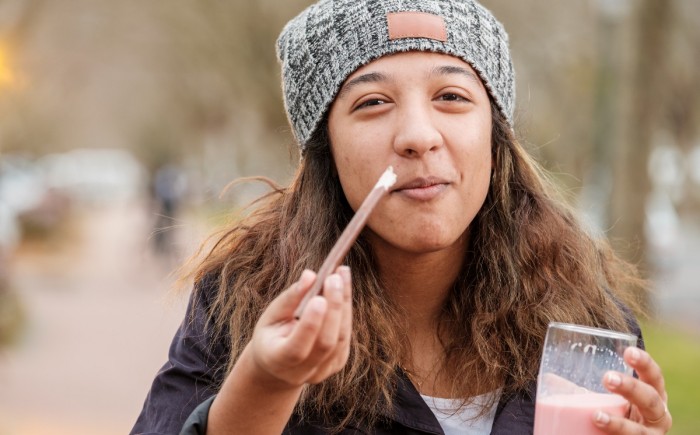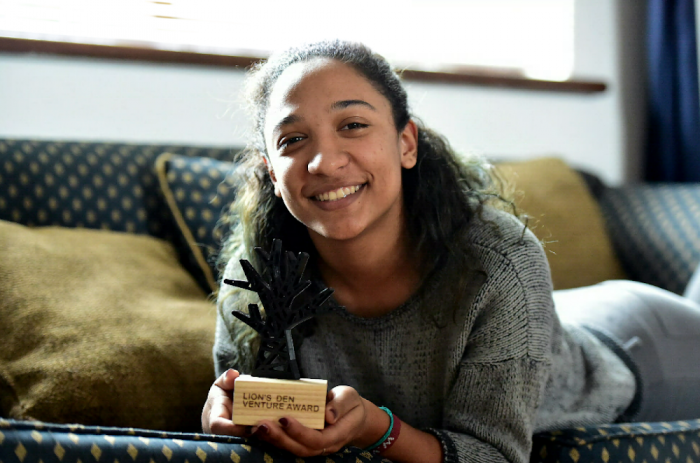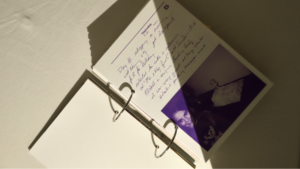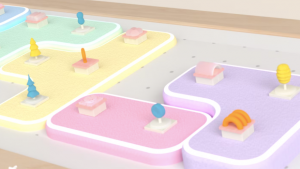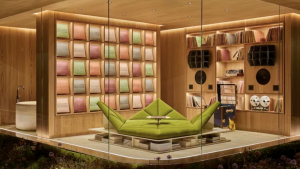Plastic, once deemed the material of the future (which it was for a very long time), is now one of the biggest threats to the environment. The latest rage with regard to the material is single-use plastics.
This includes things such as plastic shopping bags, straws, plastic cups, and so forth.
Images of marine life suffering because of the presence of these harmful materials are pretty much everywhere, and as a result people have started coming up with innovative ways to tackle this issue, and to limit the amount of plastics infecting the environment.
One such innovator is Leila Siljeur, a South African chemical engineering student from Stellenbosch University. After coming across an image of a sea turtle with a fork stuck up its nose, she was inspired to create something to help reduce the mass production of single use plastics.
Working together with her mentor from the Allan Gray Orbis Foundation, they came up with ‘Eat Me Straws’, edible and environmentally friendly straws. While there is an assortment of biodegradable straws already on the market, made from materials such as metal, bamboo or paper, Siljeur found that many of these are not degrading fast enough.
They still end up in our oceans or in the case of the paper straws, they lose their material integrity, while still in use.
Siljeur experimented with an array of deglazing and emulsifying agents to find the perfect combination. Ultimately she created three different ranges of the edible straws: regular, healthy and vegan.
The regular straws are made from gelatine, the healthy ones from fruit, and the vegan straws are made from plants. The coating of the straws is made from a mixture of liquorice and dried fruit.
These ingredients allowed her to create straws that would not become sticky, affect the taste of the user’s drink, or disintegrate while in use. The young designer’s effort to conserve the environment led to her winning R50 000 from the Allan Gray Orbis Foundation National Jamboree this year.
Siljeur hopes to use the money to increase the production of the straws, and to have them available in major stores country wide. So far she has sold themin small batches of 10 and 20 to the students at Stellenbosch University, and has received a positive response from them, especially with regard to the healthy range of straws.
“It's a funny story. I told my mom I want to save the planet and I want to do that by means of chemical solutions...My hobby has now turned into a full-blown business, " Siljeur mentioned in in an interview with News 24.

